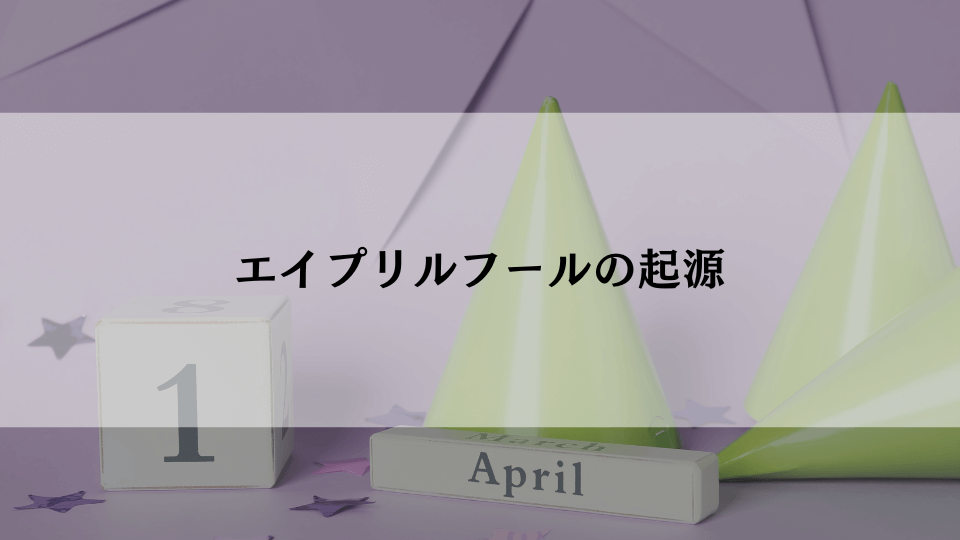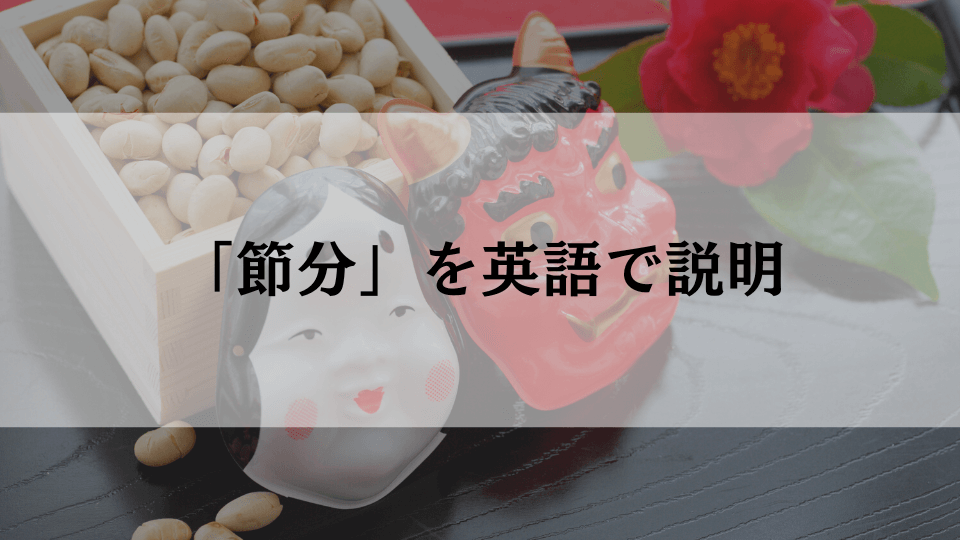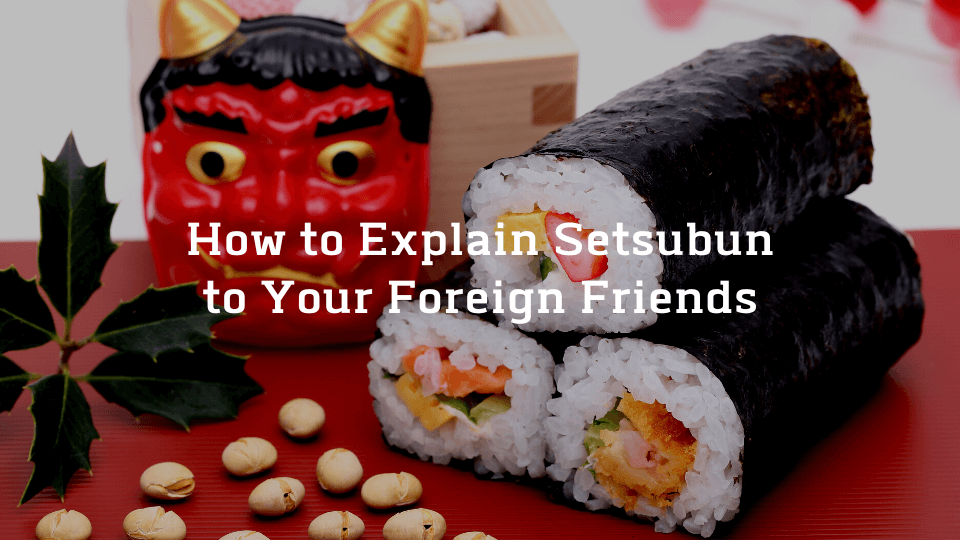【ロビン先生】
毎年4月1日に行われるエイプリルフールの日は、西洋では笑いといたずら、楽しみに満ちた日になります。
人々が自分の中のいたずら好きを解放し、ジョークを仕掛けたり、友人や家族、同僚、または幸運にも(または不運にも)たまたまその場にいる人を驚かせます。
このブログでは、エイプリルフールの日の起源に迫り、アメリカで何が行われているかを探り、エイプリルフールの楽しみに参加するための便利な英語フレーズをいくつかご紹介します。
エイプリルフールの起源
「April Fool’s Day (エイプリルフール)」がどのようにして世界的に知られるいたずらの日になったのかは実際のところは誰も知りませんが、多くの人は中世のフランスをその起源としてあげます。
その頃、グレゴリオ暦がユリウス暦に代わり、一年の始まりが4月1日から1月1日に移動したことにより、4月1日に新年を祝い続けた人々はからかわれ、「April fools (4月の愚者)」と呼ばれたそうです。
アメリカでは、エイプリルフールの日は誰かにいたずらを仕掛け、その後「April Fools!」と叫んで、起こったことや言われたことが単なる冗談やいたずらだったことを明かします。
家庭では、電話でフェイクニュースを家族に自慢したり、フェイクの手紙を送ったり、またはよくあるブーブークッションも使われます。
オフィスでは、フェイクの会議の設定や、同僚の備品を入れ替えるなどのいたずらが行われることがあります。
エイプリルフールに使える英語フレーズ
エイプリルフールの日の楽しみに参加したい場合は、次の便利なフレーズが使えます。
「Happy April Fool’s Day!」
このように言って、エイプリルフールであることを他の人に知らせます。
前日であれば、次のように言ってみるのも良いでしょう。
I heard it’s April Fool’s Day tomorrow. I wonder what pranks my friends have planned!
(明日はエイプリルフールの日みたい。私の友達はどんないたずらを計画してるんだろう!)
ニュースで何か信じられないことを聞いたら、次のように言うことができます。
did you hear about the crazy prank on the news? It was just an April Fool’s joke!
(ニュースであのクレイジーないたずら聞いた?ただのエイプリルフールの冗談だったんだよ!)
いたずらに引っかかった場合は、次のように言って他の人に伝えましょう。
I can’t believe I fell for that prank! They really got me good!
(あのいたずらに引っかかるなんて信じられない!本当にやられたよ!)
最後に、いたずらを仕掛ける側であれば、「April Fools!」を忘れずに叫んでくださいね。
まとめ
「April Fool’s Day (エイプリルフール)」は、軽快な楽しみと愉快ないたずらを行う大切にされている伝統です。
巧妙ないたずらを成功させることも、友人や家族と心の底から笑い合うことも、エイプリルフールの日は私たちにふざけることとその瞬間を楽しむ自然体の喜びを受け入れることを思い出させてくれます。
さあ、ブーブークッションを手に取って、楽しい時間に参加し、これらのフレーズを試してみましょう!
ただし、いたずら師があらゆるところに潜んでいるかもしれないので、気をつけてください!
実践的な英語ならケンジントン英会話
ケンジントン英会話では、教科書には載っていない、生きた表現を身に付けられます。
福岡市内の教室やオンラインで、経験豊富でフレンドリーな講師と一緒に英語を学びませんか?
実践的な英語を学びたい方はケンジントン英会話の公式サイトをチェック!
[英語原文]
April Fools!
April Fool’s Day, celebrated annually on April 1st, is a day filled with laughter, pranks, and fun in the West. It’s a time when people unleash their inner trickster, and play practical jokes, or prank their friends, family members, co-workers, or anyone lucky enough (or unlucky enough) to be caught in their path. In this blog post, we’ll delve into the origins of April Fool’s Day, explore how it’s celebrated across the US, and learn some handy phrases for you to join in on the fun.
While nobody actually knows how April Fools Day became an internationally known day of of jokes, many point at Middle Age France, when the Gregorian calendar replaced the Julian calendar, moving New Year’s Day from April 1st to January 1st. Those who continued to celebrate New Year’s Day on April 1st were mocked and dubbed “April fools.”
In the United States, April Fool’s Day is celebrated by playing a prank or practical joke on someone, then exclaiming the phrase “April Fools!” to reveal that what happened or was said was just joke or prank. Some examples at home include, prank calls to family members boasting fake news, receiving fake letters in the mail, or, they might involve the good ol’ whoopie cushion. While in the office, pranks might involve setting up fake meetings, or swapping your co-workers supplies.
If you’re looking to join in on the April Fool’s Day fun, here are some handy phrases to add to your vocabulary:
“Happy April Fool’s Day!” To let others know about the day. On the other hand, if it’s the day before, you might want to say something like, “I heard it’s April Fool’s Day tomorrow. I wonder what pranks my friends have planned!”
Heard something wild on the news? You could say, “did you hear about the crazy prank on the news? It was just an April Fool’s joke!” If you fell for the prank, let other know by saying, “I can’t believe I fell for that prank! They really got me good!”
Lastly, if you’re the one pulling the prank, don’t forget to yell “April Fools!”
April Fool’s Day is a cherished tradition offering a day of lighthearted fun and playful mischief. Whether it’s pulling off a clever prank or sharing a good-natured laugh with friends and family, April Fool’s Day reminds us to embrace the joy of silliness and spontaneity. So, grab your whoopee cushion, join in on the fun, and try out some of those phrases! Just remember to keep a sharp eye out for pranksters around every corner!
~*~*~*~ \ Follow me / ~*~*~*~
Instagram : @kensington_eikaiwa
Twitter : @Kensington_Eng
Facebook : @kensingtoneikaiwa
YouTube : KENSINGTON英会話
~*~*~*~*~*~*~*~*~*~*~*~*~*
◆お問い合わせはこちら
ケンジントン英会話:お問い合わせフォーム










































